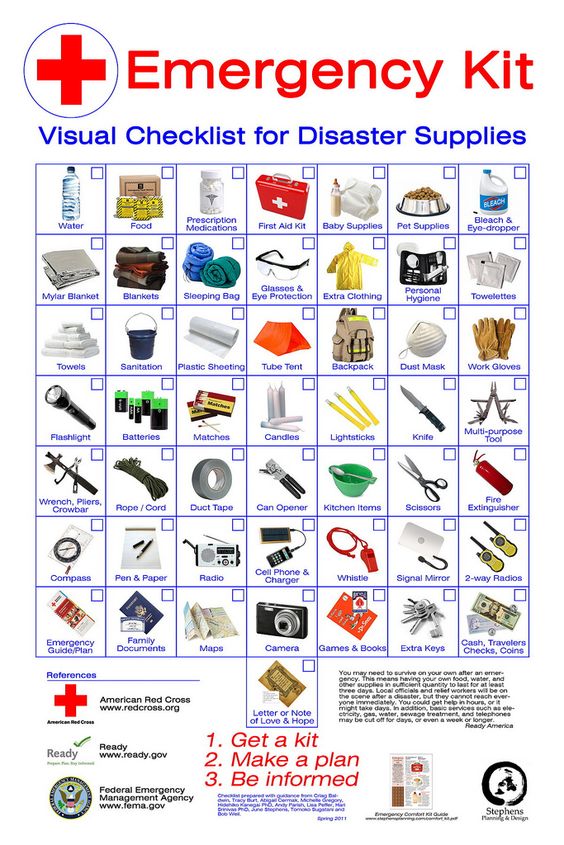EMERGENCY PREPAREDNESS – FOOD
PREPARE YOUR EMERGENCY FOOD SUPPLY
Having been without electricity once for eight days and watching the downhill spiral of our nation on the daily news, I know how important it is to have an emergency food and water supply. You can check out my EMERGENCY PREPAREDNESS – FOOD post HERE.
I have been slowing preparing over the past few years but have recently stepped up my efforts. I still have a lot to do, especially on securing clean water but I feel a sense of security as I check each item off my to-do list.
In the event of a disaster in your community, you may not be able to get the store to purchase food and water for several days. Even though it is unlikely that an emergency would cut off your food supply for two weeks, consider maintaining a supply that will last at least that long.
GATHER YOUR EMERGENCY FOOD SUPPLY
- You will need at least a 3-day supply of food per family member, including pets. You may want to store more than this amount. Remember, it is better to have extra food that you can share than to run out of food during an emergency.
- Choose foods that last a long time, do not need to be refrigerated, and are easy to make. Also, try to pick items that are high in calories and nutrition.
- Try to use as many familiar foods as possible! These foods can help lift the mood, and provide comfort to your family during stressful times.
- Plan ahead for family members with special diets and allergies, including babies and elderly people. Look for special canned foods, juices, and soups for them. Nursing mothers should have formula, in case they are unable to breastfeed during the emergency.
- Make sure you have a manual can opener and disposable utensils.
What to Keep in Your Pantry
It seems like the hardest part of prepping is knowing where to start. You will find a list below with some suggestions of items to stock. These items have lengthy expiration dates, so you can stash them away for long periods of time. Make a list of everything in your stockpile and check expiration dates every 6 to 12 months to keep things fresh. And don’t forget to have a can opener on hand

source: extreme food storage
at all times—all that food won’t be of any use if you can’t open it.
- Cereal
- Granola bars and power bars
- Dried fruits, such as apricots and raisins
- Canned tuna, salmon, chicken, or turkey
- Canned vegetables
- Canned soups and chili
- Sports drinks, such as Gatorade or Powerade
- Powdered milk
- Sugar, salt, and pepper
- Peanut butter
- Whole-wheat crackers
- Nuts and trail mixes

















